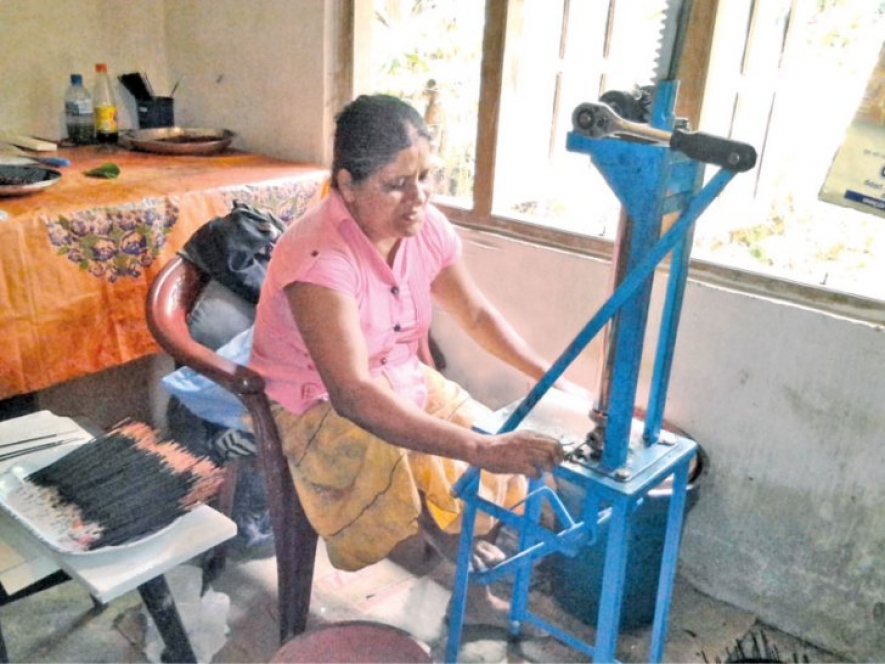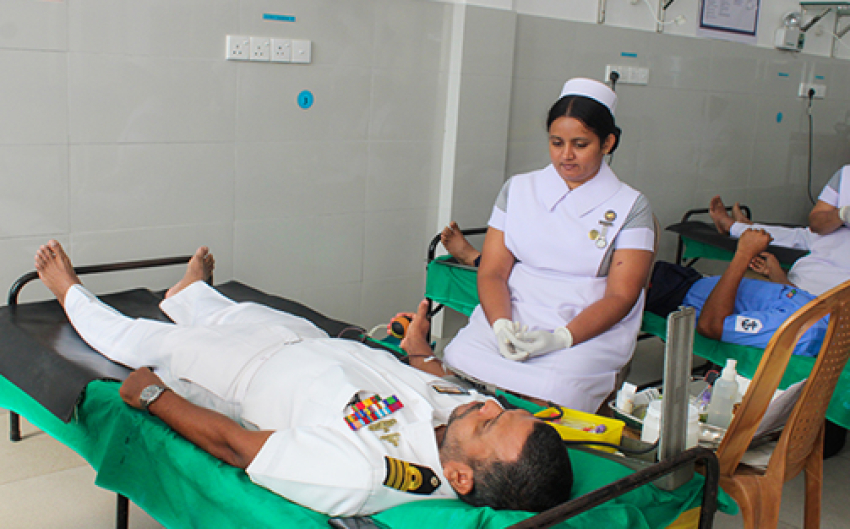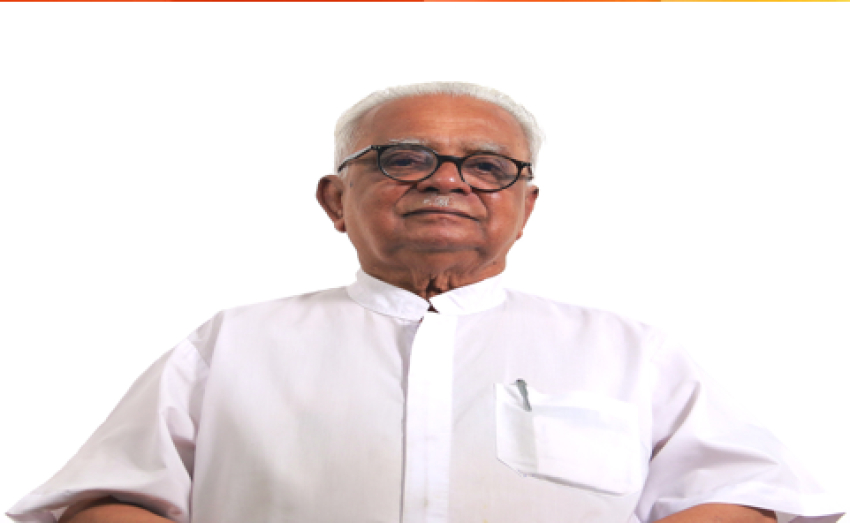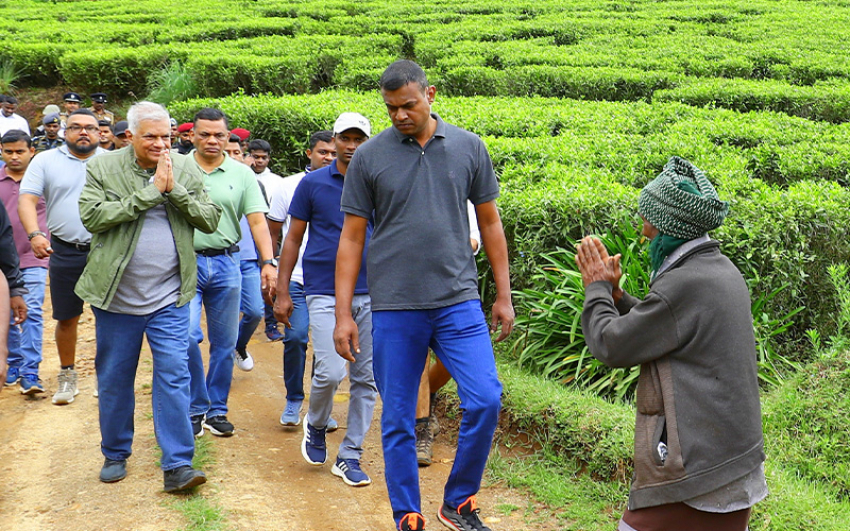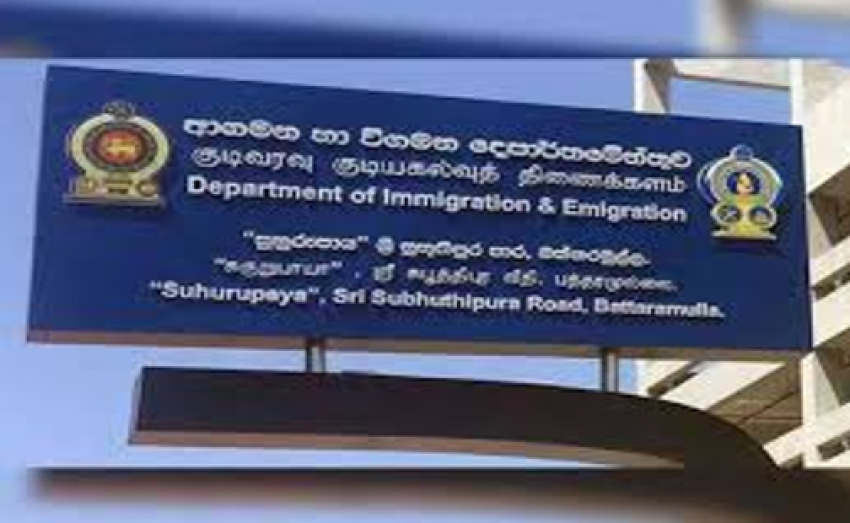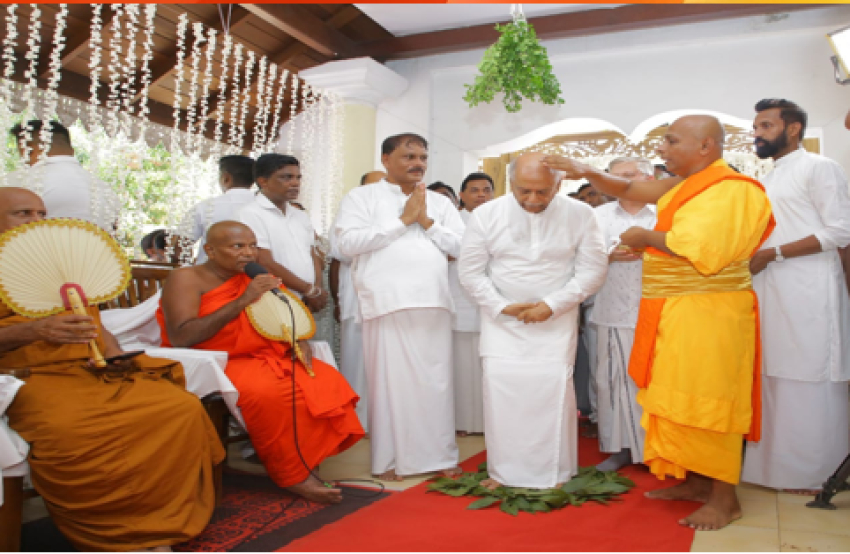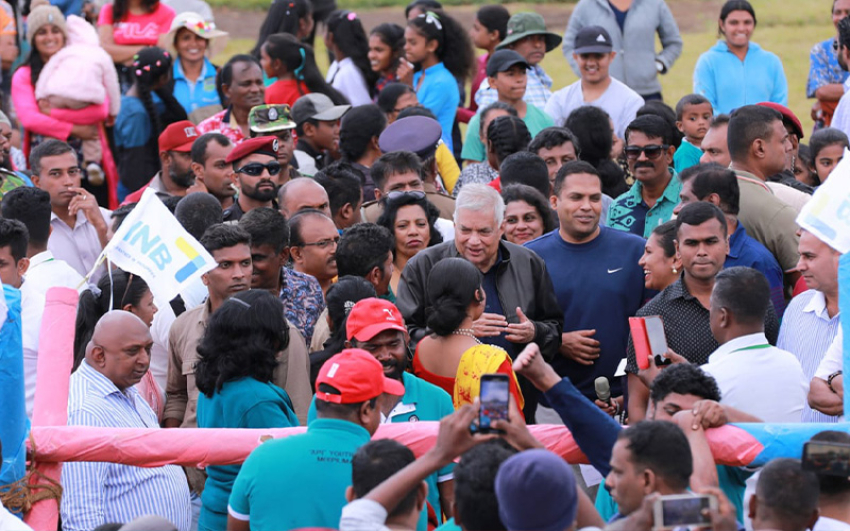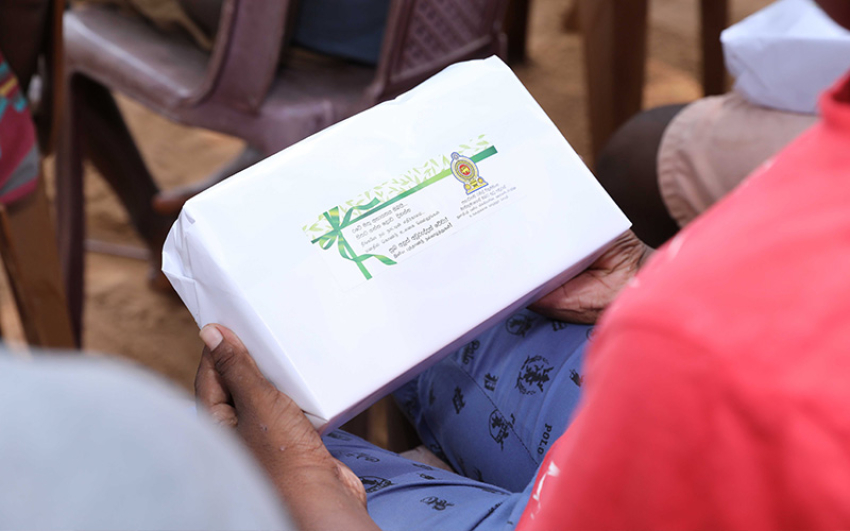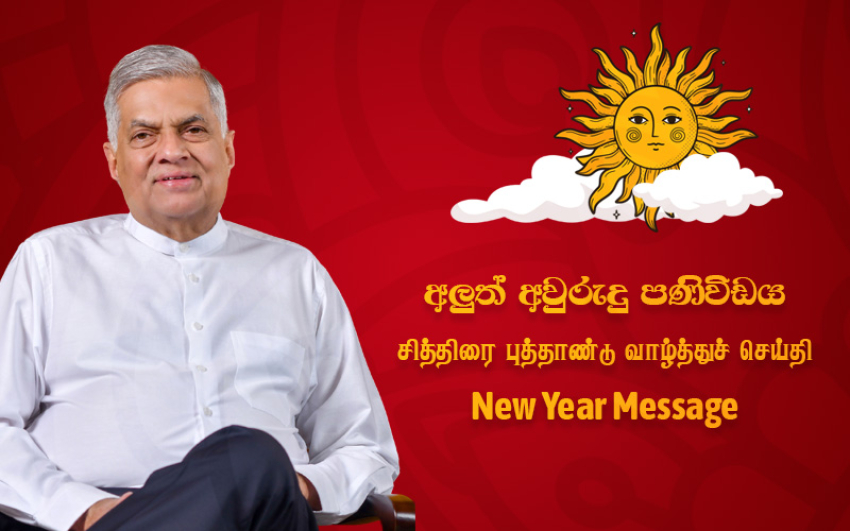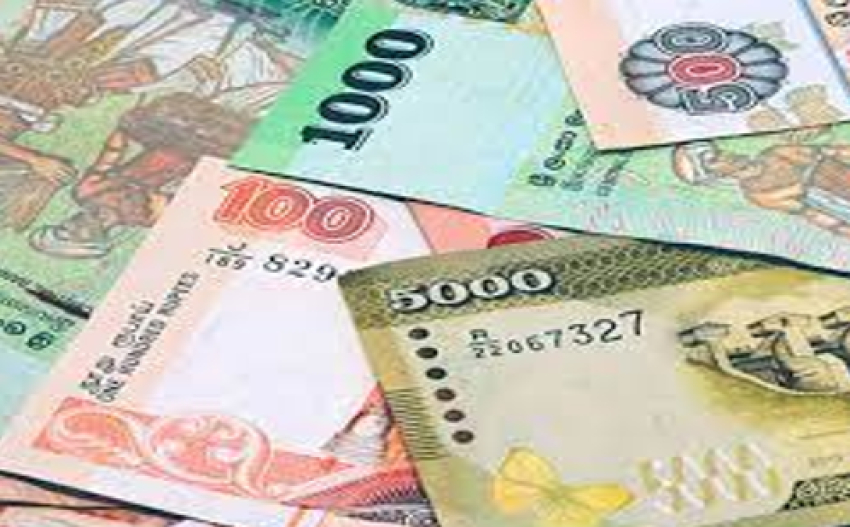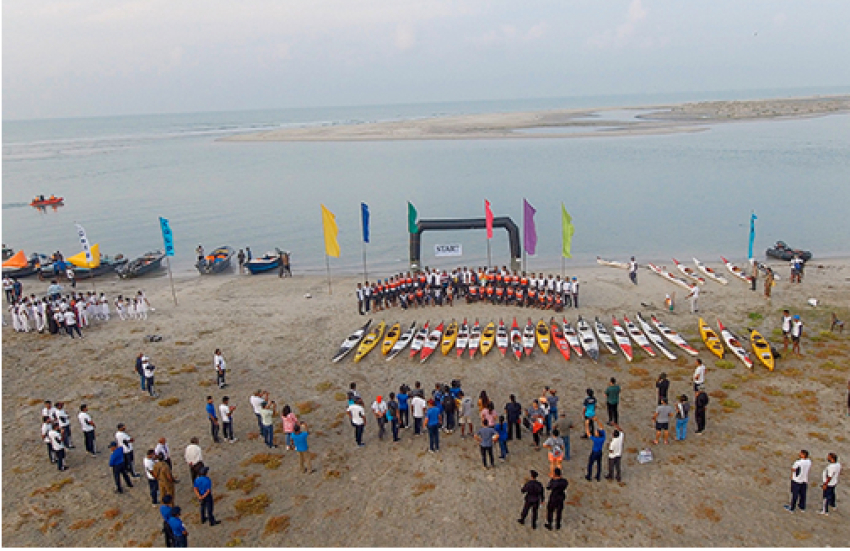Although extreme poverty level was reduced successfully and even the poor are not in the starvation bracket, the fact remains that more than one-third of our population still in a pathetically low living standard as the rapidly increasing lower middle-class category is still in the poverty margin. Those in the lower middle-class category are highly susceptible to fall into the category of the poor if they face natural disasters such as floods and droughts.
The poverty figure of 6% has been reached by taking the number of people with less than US$ 1.25 as daily income. If one takes the limit as US$ 2.5, the percentage rises to 33% and more than half the population of Sri Lanka or 52% live on less than US$ 4 (SLRs 600) as daily wage. This tells us the magnitude of relative poverty in Sri Lanka. The statistics show that the share of the total household income of the poorest 20% is 4.5%, while it is 52.9% for the richest 20%. The bottom segment of 40% receives only 13.7%. Those whose income is closer to the poverty line run the risk of falling back due to shocks of climate or other unforeseen changes.
Realizing the need for speedy action for the elimination of poverty by empowering the rural population, President Maithripala Sirisena launched the ambitious programme, ‘Gramashakthi’ with the goal of poverty eradication by 2030 through empowerment of village. This is a programme that mobilizes the public sector and private sector together with the active participation of the people. The programme combines learning from successful elements of all key poverty reduction programmes of the country as a national effort of all concerned to reach the sustainable development goals ending hunger poverty and halving all forms of poverty by the target year.
‘Gramashakthi’programme in Badulla
Today (May 21), President Sirisena chairs the Provincial Steering Committee Meetings on the ‘Gramashakthi’ programme in Badulla with the attendance of all regional stakeholders. The President will be directly involved in these progress review meetings of the Gramashakthi People’s Movement which was launched by the State for the poor, last year.
Under Phase One, 1,000 underprivileged Grama Niladari Divisions have been selected for a pilot project. The project aims to cover 5,000 Grama Niladari Divisions by 2020. The Presidential Secretariat, with the coordination of relevant regional stakeholders, is currently undertaking the following projects for the socio-economic betterment of the people: National Programme for the Empowerment of Disabled and Elderly Population, Sustainable School Programme, National Child Protection Programme, National Environmental Conservation Programme, National Sustainability Discourse Programme, ‘Pibidemu Polonnaruwa’ Development Programme, ‘Sirisara Pivisuma’ District Development Programme, National Food Production Programme, National Agri Business Development Programme, National Drug Prevention Programme, Special Operations Unit for National Cultural Renewal and Presidential Task Force on Prevention of Chronic Kidney Disease.
Human Development Report by the United Nations Development Programme (UNDP) in 1997 in an attempt to bring together in a composite index the different features of deprivation in the quality of life to arrive at an aggregate judgement on the extent of poverty in a community. That is, if human development is seen as enlarging choices and expanding freedoms to enjoy a decent standard of living, freedom, dignity, self-respect and the respect of others, then measures of poverty should look at the deprivation of these freedoms.
Increasing social unrest
Gramashakthi aims at empowerment of people and weans them away from dependency mentality of expecting everything from the government. Such negative attitudes result in loss of self-respect and discourage positive attitudes for innovations. Women although comprise 50% of the population are not adequately represented in decision making in resource allocation. Plans for community development are prepared by those who are less sensitive to the realities of the suffering of the poor and such plans imposed on them from the top become less effective.
Savings of the poor are taken away to the urban centres and hardly reinvested to improve livelihoods of them or the place they live in. Access to capital is inadequate. The suffering of the poor 40% having difficulties to make ends meet in providing for the basic needs such as food, clothing healthcare and education and with less for fulfilling the growing needs of the families and their children increase social unrest in already divided into the lines of race, religion, caste and political affiliations.
With required policy support, capital resources and decision making power on resource allocation, the communities could effectively use such resources for development. Poor families face difficulties in making strong investment decisions as individual households. When such families are organised formally in inclusive and accountable institutions giving priority to the poor, to women and youth to collectively engage in overcoming poverty would be more effective.
Economic growth should be inclusive to benefit those who are left out of the markets and keeping away from benefiting and participating in the production of that growth. Interventions are needed to directly and positively affect the investment behaviour and interrelationships of individuals and enterprise in the micro-economy through micro-level economic institutions partnering with the organised private sector. The character and strength of the community platforms of the workforce is the basis for such inclusive growth. Gramashakthi movement aims to build such platforms for inclusive growth for poverty reduction. (Sugeeswara Senadhira)

